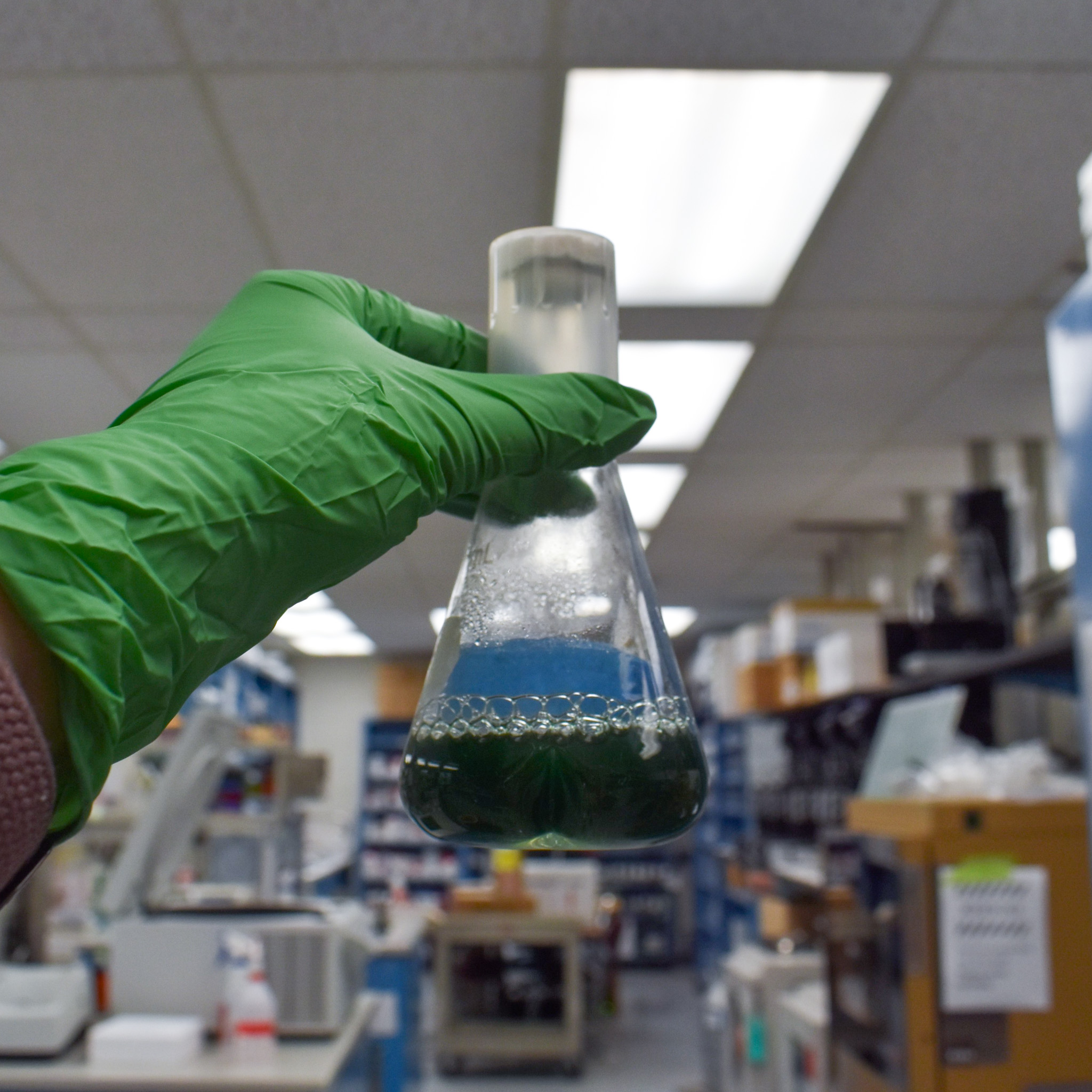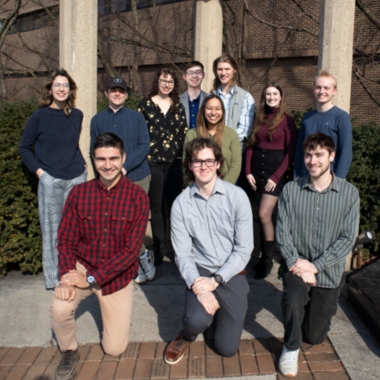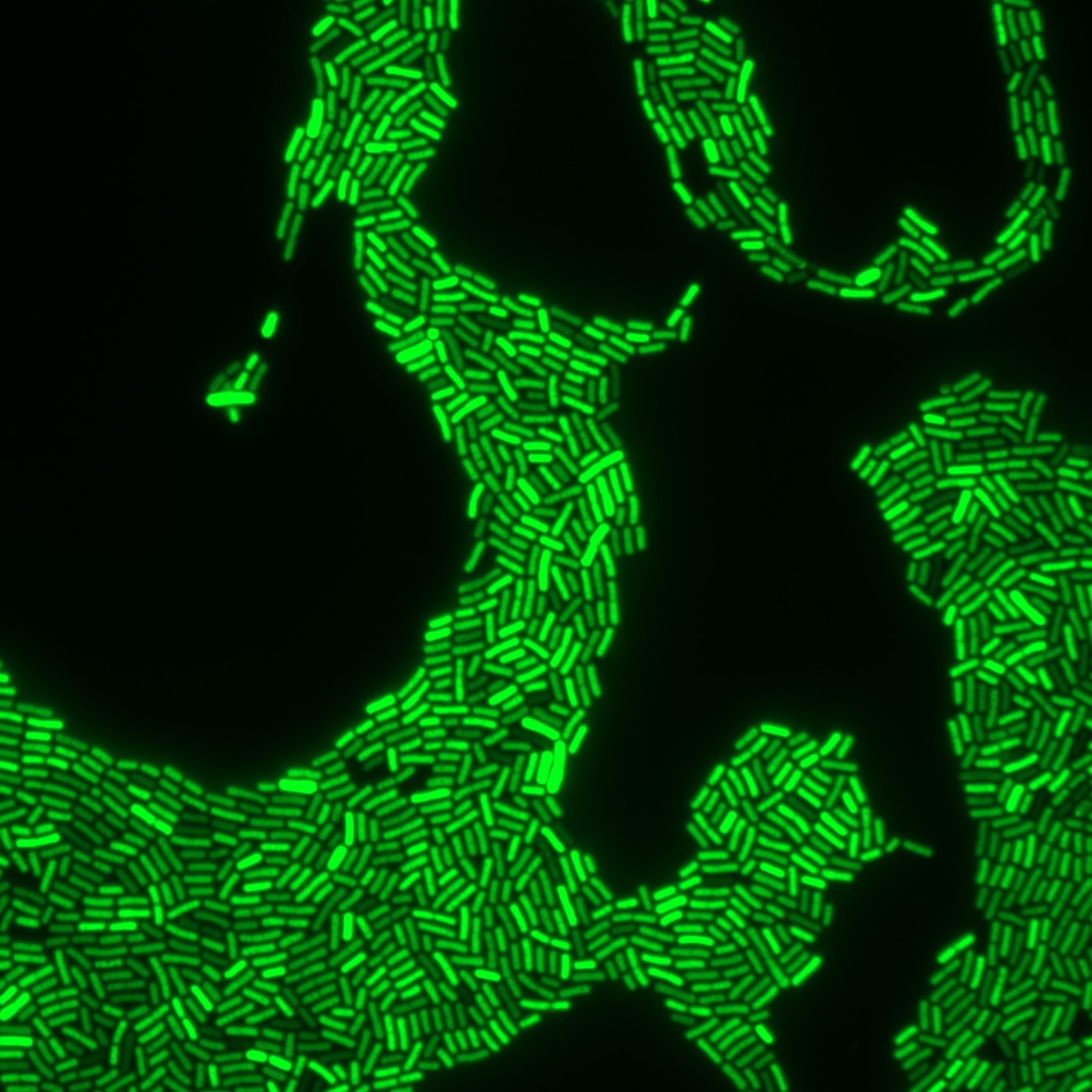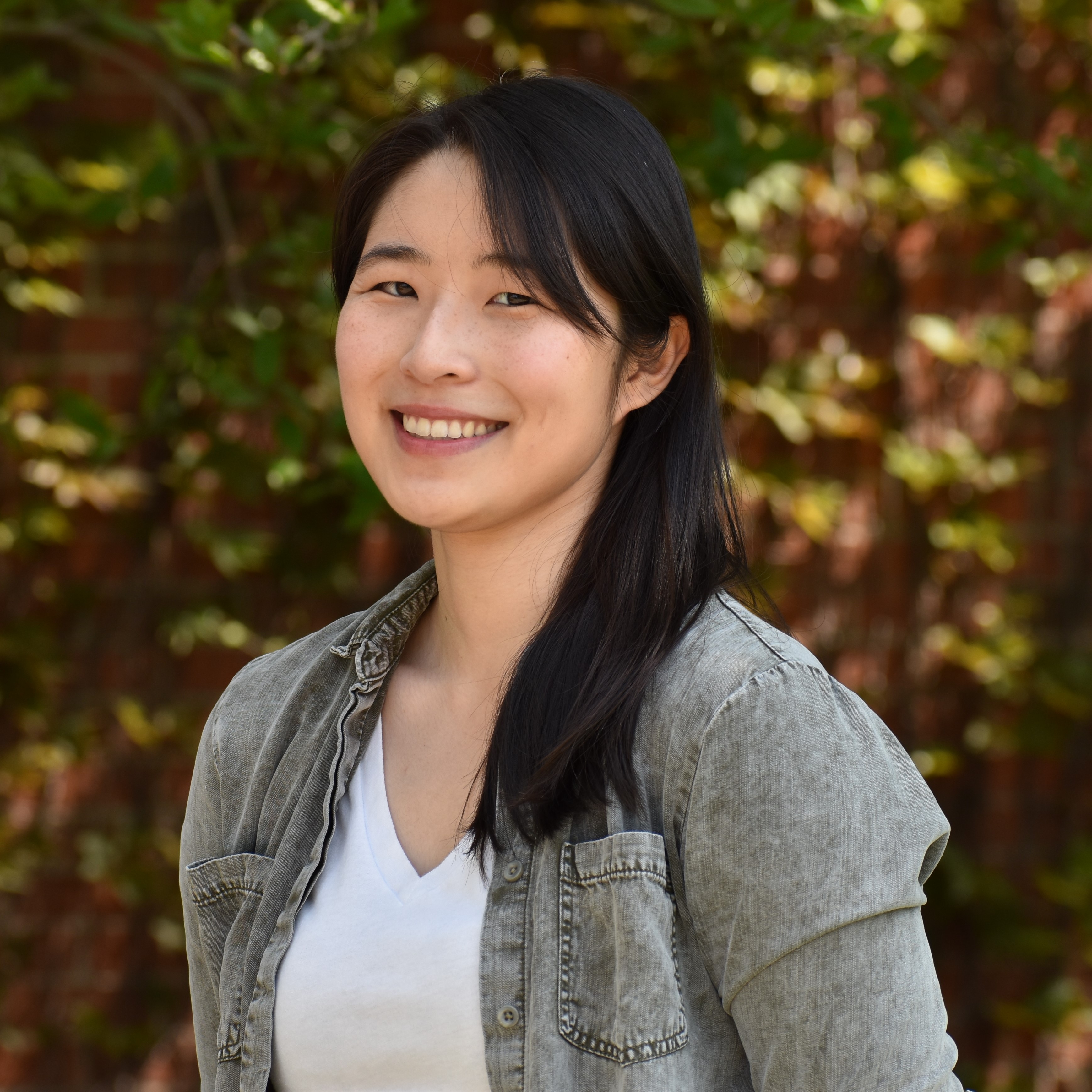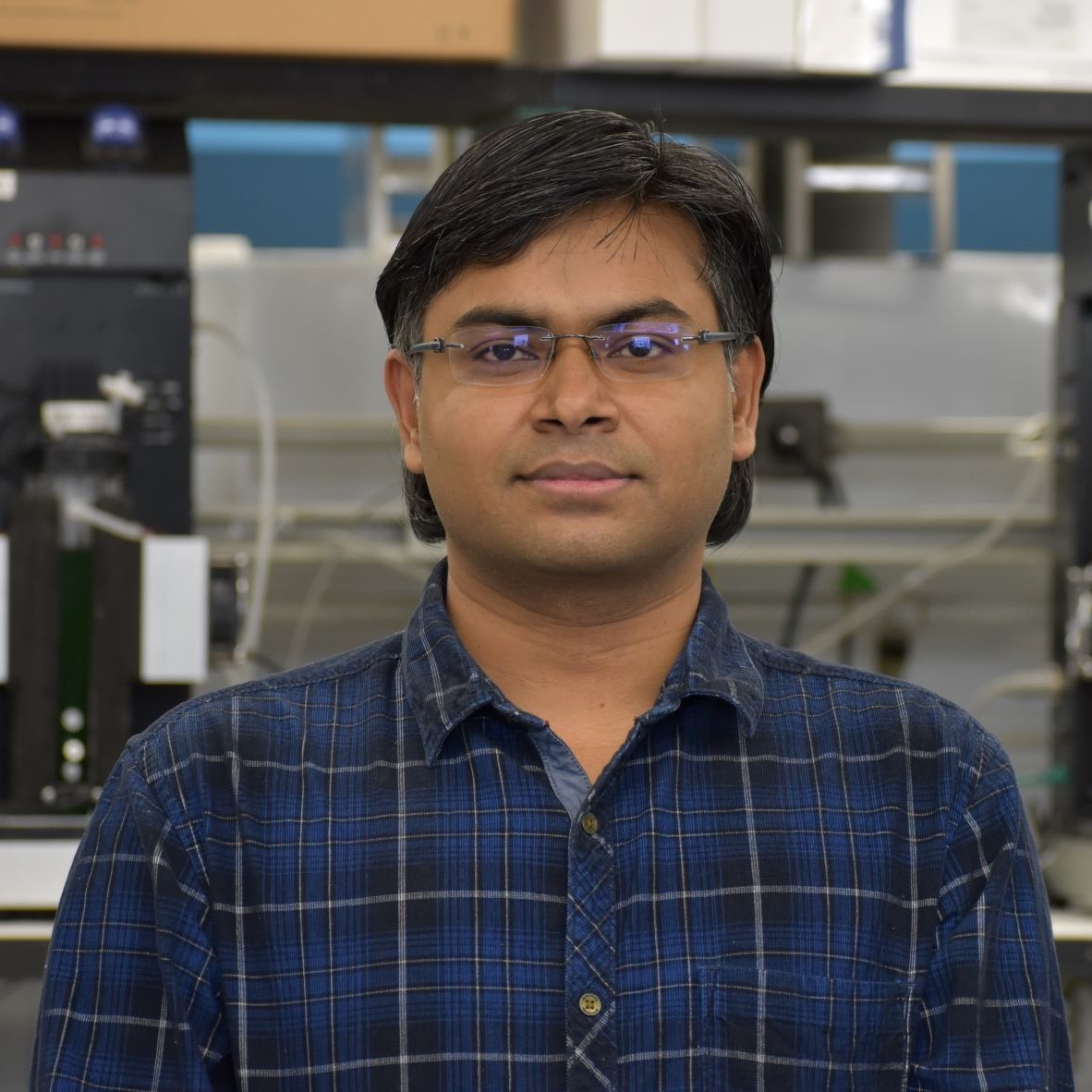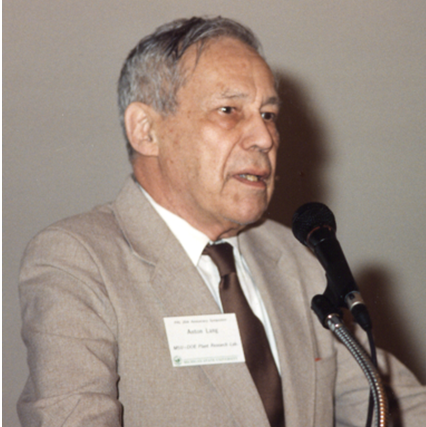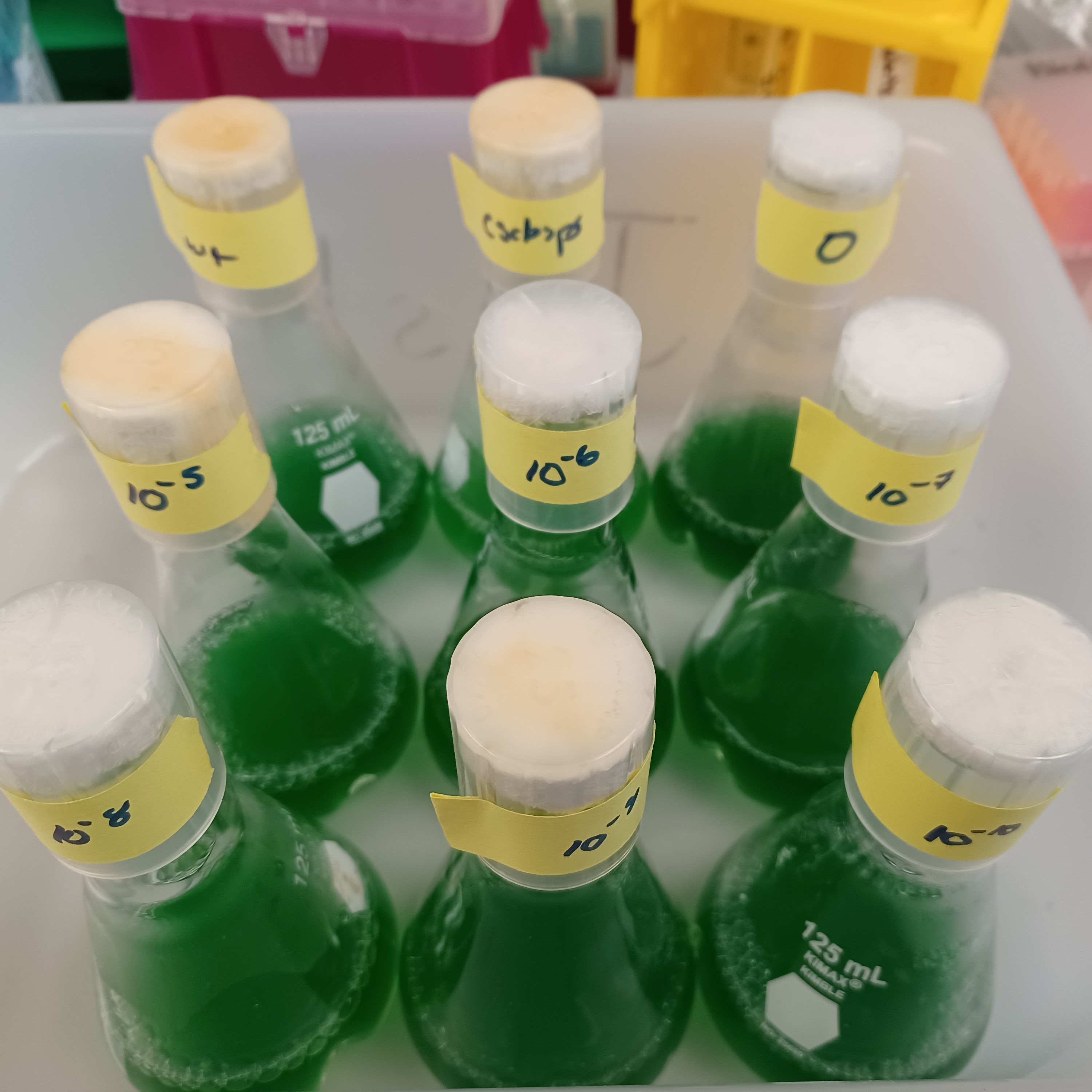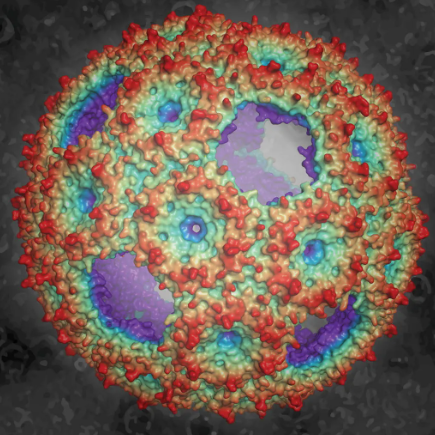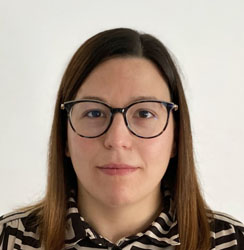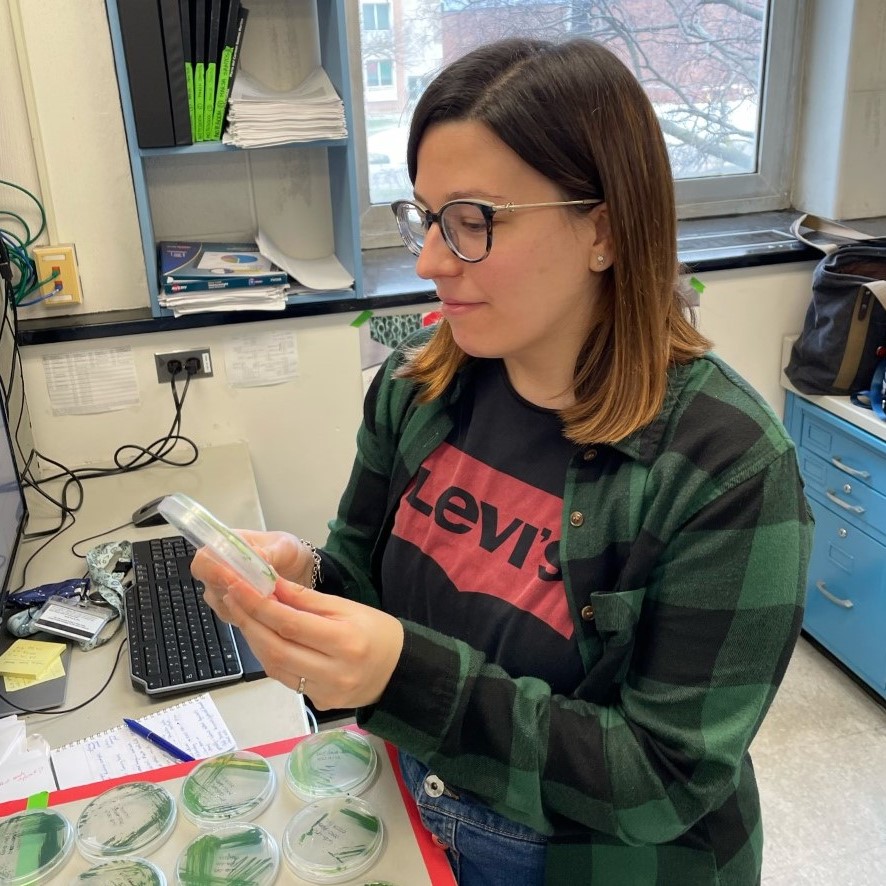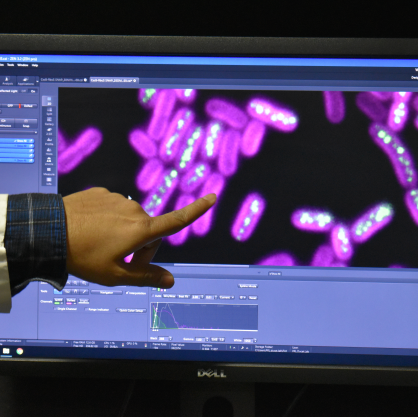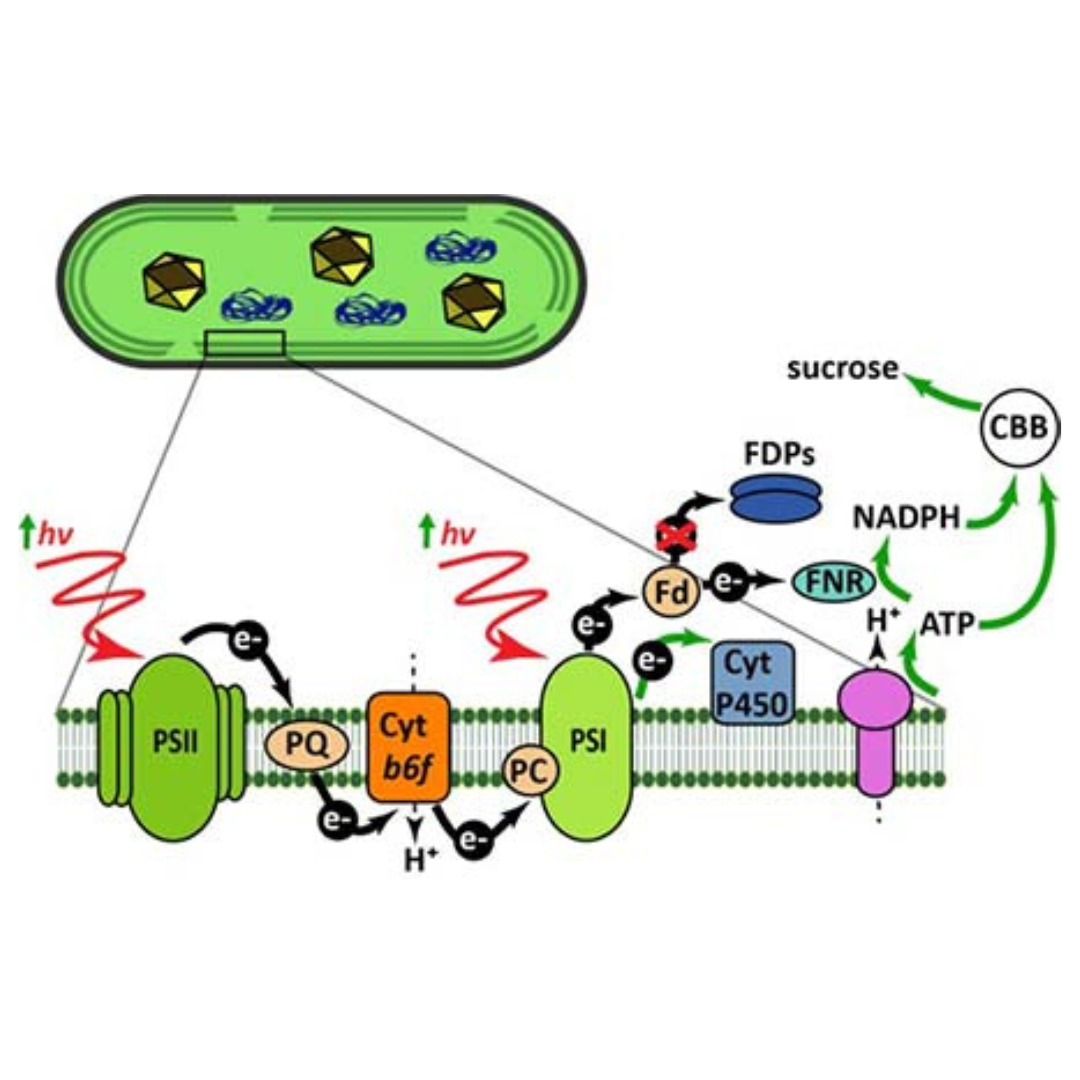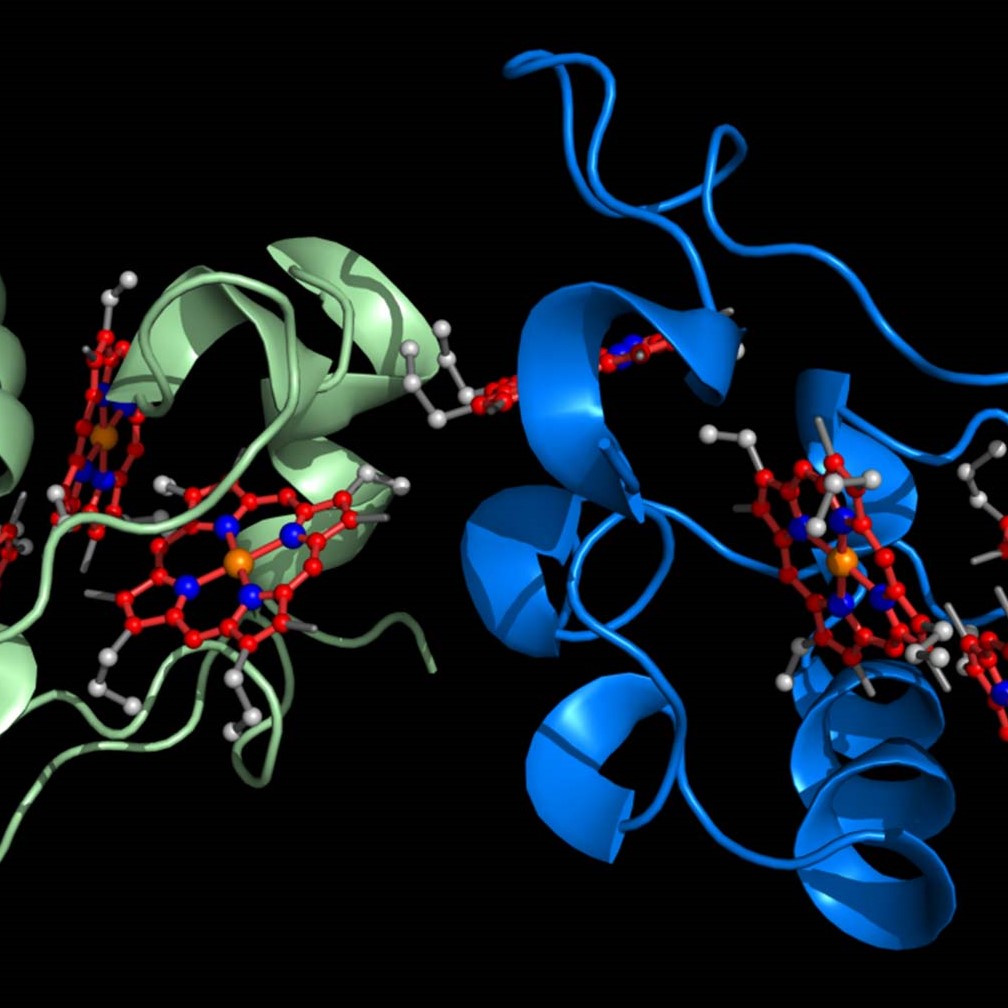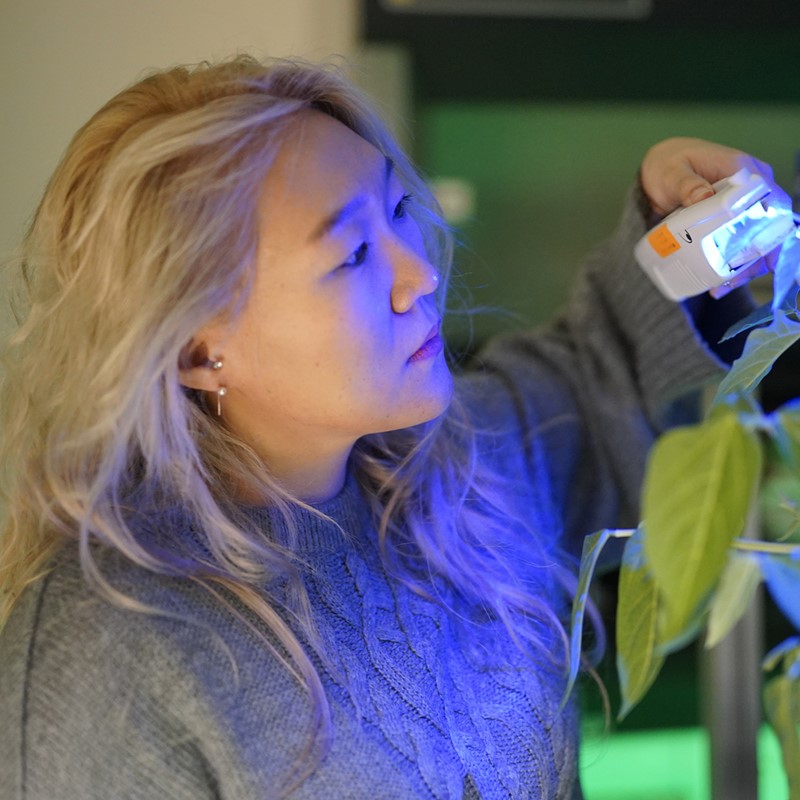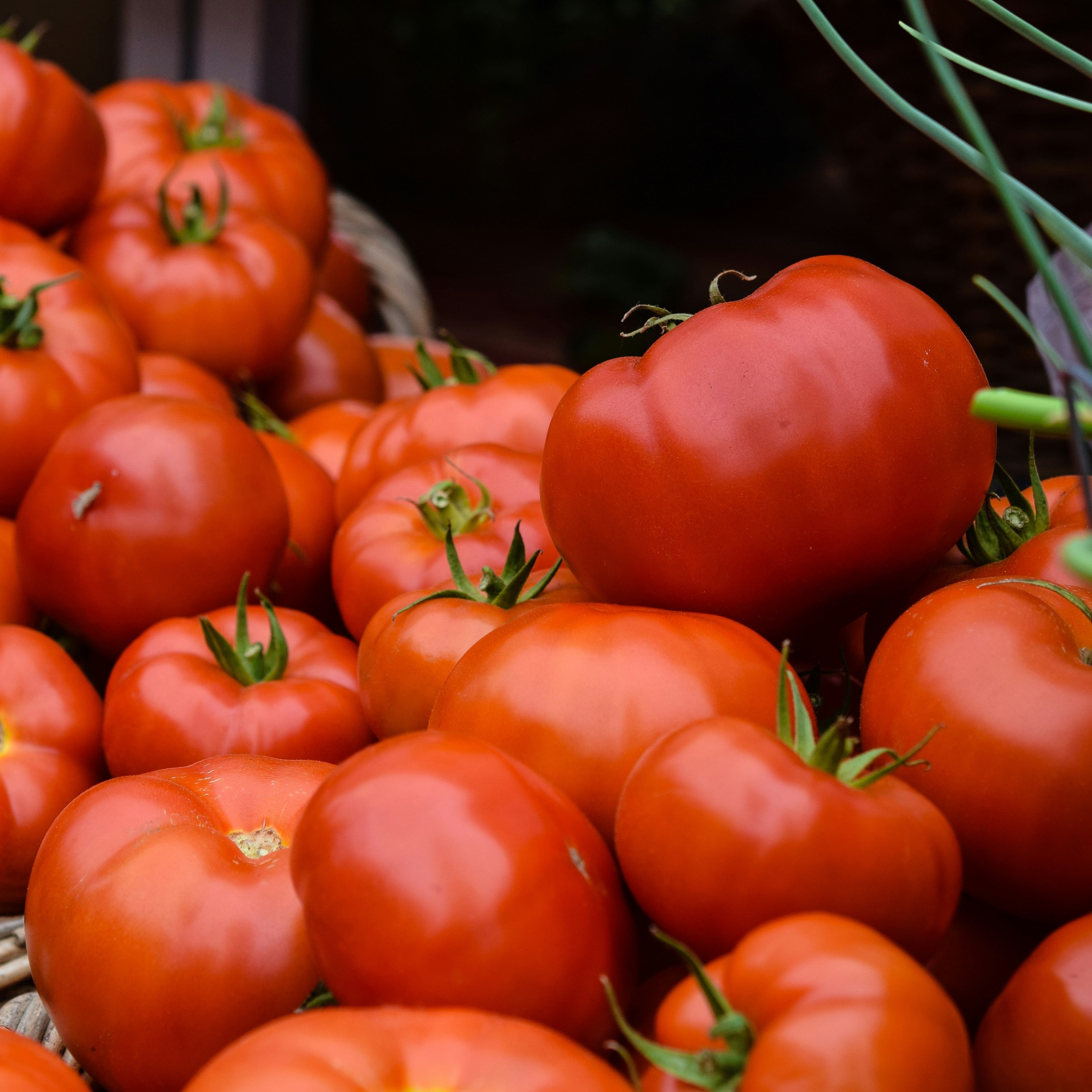News
June 18, 2025
A new project is underway that could help researchers understand the evolution of the chloroplast.
May 7, 2024
A group of graduate and undergraduate students participated in the 2024 EnergyTech University Prize, making it to the regionals portion of the competition. The contest is organized by the U.S. Department of Energy Office of Technology Transitions and challenges students to create and present a business plan in the energy sector.
February 7, 2024
A recent publication in Metabolic Engineering looks at how cyanobacteria balance cellular energy between “source and sink,” which may have downstream applications in bioproduction.
January 18, 2024
Lisa Yun, a graduate student in the MSU-DOE Plant Research Laboratory Ducat lab, has worked at national laboratories and universities since beginning her professional career. When considering an internship, she wanted to experience industry work to better understand the differences between the workload and organization compared to academia. She wanted to work at a startup, more specifically, she wanted to be in a smaller environment with a goal for sustainability.
May 19, 2023
Postdoctoral Researcher Amit K. Singh from the MSU-DOE Plant Research Laboratory Ducat lab was awarded the 2023 Postdoctoral Excellence in Research Award from the MSU Office of Postdoctoral Affairs and the Office of the Senior Vice President for Research and Innovation for his research in green biotechnology.
April 28, 2023
Graduate student Hannah Parks and postdoctoral researcher María Santos Merino have been awarded the 2023 Anton Lang Memorial Awards at a ceremony which took place on Monday, April 24, 2023. This year’s lecture was given by University Distinguished Professor Thomas D. Sharkey from Michigan State University.
April 3, 2023
Cyanobacteria, photosynthetic microorganisms which have widespread uses in the production of pigments, antioxidants and supplements and potential ones in biofuels and plastics, have a new way to communicate with one another to control their population, researchers from the MSU-DOE Plant Research Laboratory Ducat lab show.
December 15, 2022
With nearly $11M from DOE, MSU is leading a collaboration to usher the US into new frontiers of clean energy with inspiration from microbes.
May 11, 2022
The MSU Office of Postdoctoral Affairs and the Office of the Senior Vice President for Research and Innovation annually award the Postdoctoral Excellence in Research Award to two exceptional postdoctoral researchers for their contributions to MSU and the greater research community.
April 22, 2022
The annual forum provides students with an opportunity to showcase their scholarship and creative activity. Held each spring, the University Undergraduate Research and Arts Forum (UURAF) brings together an intellectual community of highly motivated students to share their work with faculty, staff, peers and external audiences and receive constructive feedback from judges.
April 18, 2022
María Santos Merino, postdoctoral researcher from the Ducat lab at the MSU-DOE Plant Research Laboratory (PRL), is the first to be awarded the Clarence Suelter Endowed Postdoctoral Fellowship Award from the Department of Biochemistry and Molecular Biology (BMB).
March 2, 2022
A new study from the MSU-DOE Plant Research Laboratory (PRL) brings fresh insight on the source/sink balance of cyanobacteria and paves the way for further advancements in photosynthetic microbes for potential applications.
March 9, 2021
Two metabolic pathways introduced into cyanobacteria increase its photosynthesis performance and provide partial protection from negative effects of excess light absorption.
July 6, 2020
The work explores how electrons can move across long distances within biomaterials, such as proteins. Understanding the factors that control electron transfer in a biological context is critical to advances in diverse fields, including bioenergy, biosynthesis and disease.
January 15, 2020
When electrons move, they are the electricity that powers life. But they are hard to pin down. The newly engineered system could guide electron transfer over long distances, powering future applications in medicine or 'green' fuel production.
